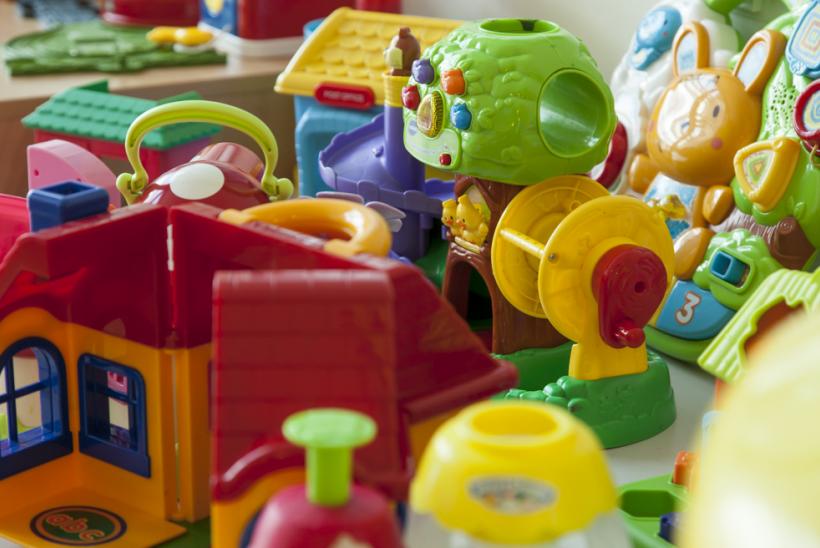Q+A with Bahee Van de Bor, Specialist Paediatric Dietitian at Great Ormond Street Hospital for Children
Q:How can you tell if your child is obese and not just chubby? At what stage is your child’s weight something to worry about?
For children, growth is monitored by reviewing both weight and length/height using age appropriate growth charts. Once a baby starts to walk, check that their weight centile is not consistently two centiles above their height centile. A referral to a paediatric dietitian for discussion around food intake may be useful for parents who are unsure whether their child growing appropriately. Breastfeeding exclusively up-to 6 months of age can also protect babies from gaining excessive weight.
Q:If you suspect your child may be overweight, what’s the best thing to do first? Should you take them straight to the doctor? Should you put them on a diet and if so should you tell them you are putting them on a diet?
If you are worried about your child’s weight, do discuss your concerns with your doctor or children’s dietitian. It is best to avoid putting your child on a ‘diet’ and refrain from counting calories or following food trends. Instead, focus on age-appropriate portion sizes and nourishing foods such as whole grain breads, cereals, fruit and vegetables. A dietitian can review your child’s intake in detail and offer individualised advice. Often a family approach is recommended so that the child does not feel singled out. Instead of talking about diets, teach children about nutritious foods and why it is important to eat fruit and vegetables.
Q: How should you talk about obesity and weight with your child? What sort of language can be damaging/ helpful?
It is important to teach your child to be comfortable with their body regardless of size. Focus on positive messages about food and exercise. Be a role model, encourage family meals by enjoying these at set times at the table whilst offering plenty of praise when vegetables are eaten. Teach children to enjoy their food and listen to their body by ending the meal once full.
Q: How can you encourage your child to make healthier food choices? Should you warn them that unhealthy food can lead to obesity? Should you teach them about unhealthy food being treats, or can this have the reverse affect?
The best way to encourage children to eat healthy food is by eating it yourself and offering it daily at home. Teach children that takeaways, fast foods, high fat and sugary snacks can be enjoyed occasionally but not daily and why.
Q: What should you do if your child is being teased or bullied for their weight?
If your child is being bullied seek immediate help. Speak to the school teacher and the head of school for further advice. Reassure your child and let them know that they can openly discuss their feelings with you. Speak to a professional if you are worried.

